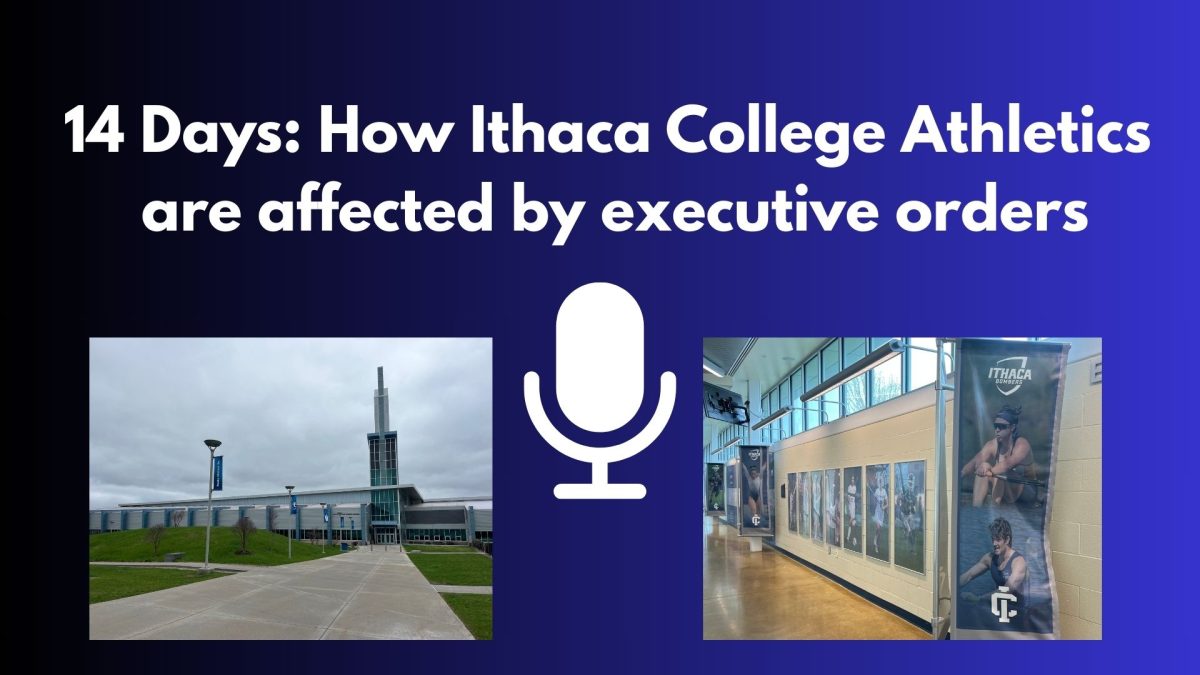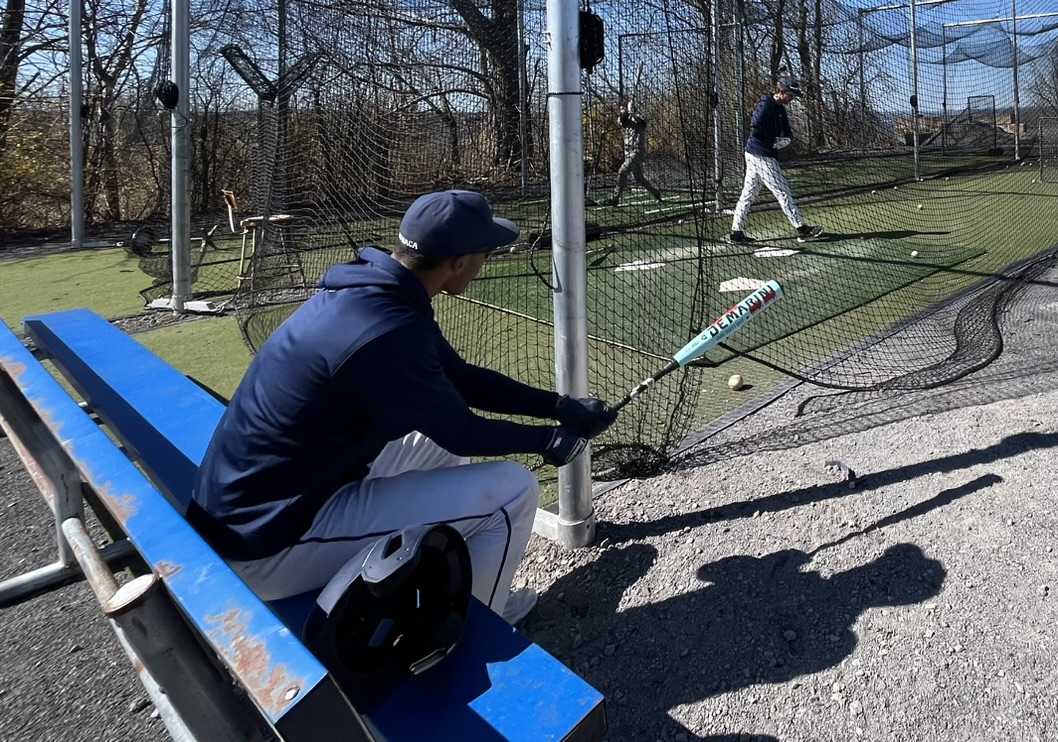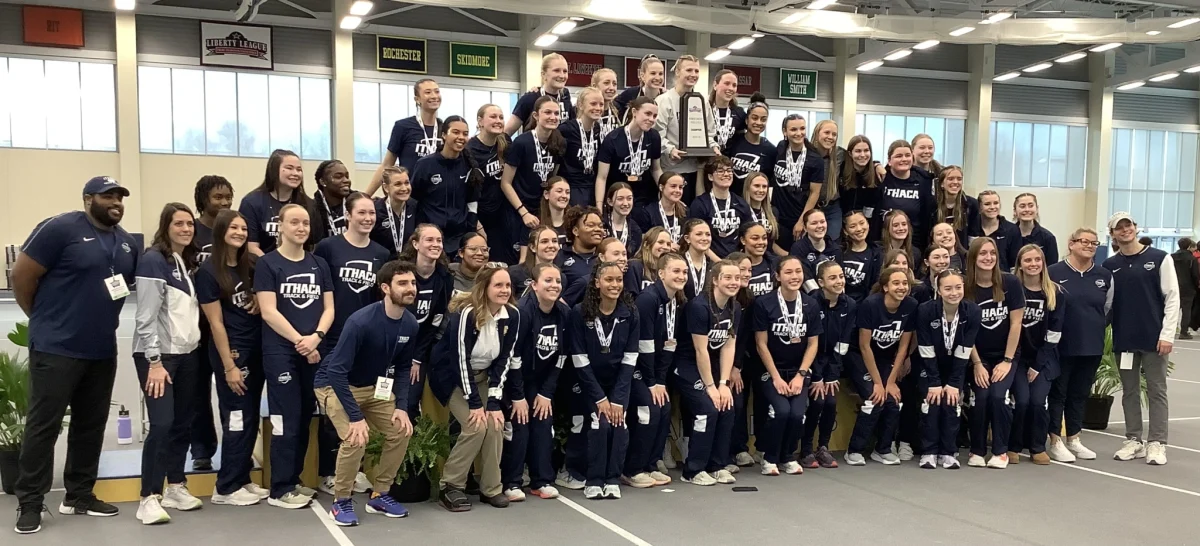In recent years, developing research in the field of concussions has prompted states to examine the link between contact sports and head injuries. In a move aimed to protect young athletes, New York State Assemblyman Michael Benedetto proposed a bill late January that would ban tackle football in youth leagues.
The bill, which is another try at a piece of legislation Benedetto proposed four years ago, would illegalize tackle football as organized by schools, adults, private and public leagues, and any “other entity whose purpose is to allow children to participate in contact football” for players 13 years of age and younger. If passed, the legislation would take effect immediately.
“Football is the only major sport where on every single play, the objective is to violently hit the competition,” Benedetto told CBS News.
However, the proposal does not ban youth football entirely — the language of the bill makes clear that other forms of football that do not involve tackling would not be prohibited.
A significant amount of support both in the legislator and from the public would be needed to pass the bill, or it will most likely fail again.
Jessica Schwartz, a national spokeswoman for the American Physical Therapy Association, has dedicated much of her recent work to concussion research and treatment. As her clinic regularly sees young athletes for head injuries, she said she is in full support of Benedetto’s proposed legislation.
“We should not be causing repetitive brain injuries to children,” Schwartz said. “Especially for kids under the age of 14.”
In her clinical experience, children take up to two to three times longer to heal from concussions than adults, largely due to lack of brain development. The problems young athletes face when sustaining concussions, including lack of focus, long-term headaches, mood and anxiety disorder and short-term memory loss, can affect them severely when they re–enter the classroom, she said.

In the past, Schwartz said she and fellow clinical researchers successfully put forward a recommendation to strictly limit heading — using the head to control the ball in passes, shots and clears— in youth soccer leagues. The U.S. Soccer Federation banned heading for children 10 years of age and younger in January 2016.
She said while this measure was a step in the right direction, youth football is yet to adopt similar policy changes. Moving ahead with Benedetto’s bill, she said, will help schools to address some of the issues that are harming their students.
“Their brains are still developing,” she said. “These kids are four years old playing full tackle football. The issues we’re seeing are … helmets don’t fit right, helmets are expensive, these kids are essentially running bobbleheads.”
Zachary Myles, a sophomore student at Ithaca College, played football as a child and continued to do so through his first year at the college. Practices, meals and even classes were shared with his teammates.

“It creates a really macho atmosphere,” Myles said. “We’re all really big guys and we feed into each others’ egos about being tough and all that.”
Myles, who has been playing football his whole life, said he considers the sport dangerous and violently masculine.
“It wasn’t until I stopped playing and stepped outside of the dominant culture of unquestioning reverence for the sport that I realized how violent and potentially unsafe it is,” he said.
After his first year, Myles said he gained a new perspective of the sport and the toll it could potentially take on the body. He decided to quit before practice began in the fall.
“I thought that it was enough,” he said. “It’s basically just huge guys running into each other at full speed, and honestly I don’t think the human body is meant for it.”
His physical transition has also been quite marked. During his time playing football his caloric intake was high, leading to considerably increased body mass.
“I was eating to maintain a massive frame so I could absorb shock.” Myles waved a hand over his knees, shoulders, hands and head. “This was always sore. I couldn’t escape feeling sore and slow if I bumped my head a lot in practice.”
He said his move away from the team has given him time to reevaluate his academic pursuits as well as his involvement in new extra-curricular activities like student government. In addition, he has been able to emphasize a more balanced lifestyle through managing his own fitness.
In regards to the new rule changes proposed for youth football leagues, Myles said he was in full support, citing head injuries as the main factor.
“Undiagnosed concussions are such a big issue in regards to the sport, and if these rule changes are designed to reduce concussions, then I’m for it,” he said.







